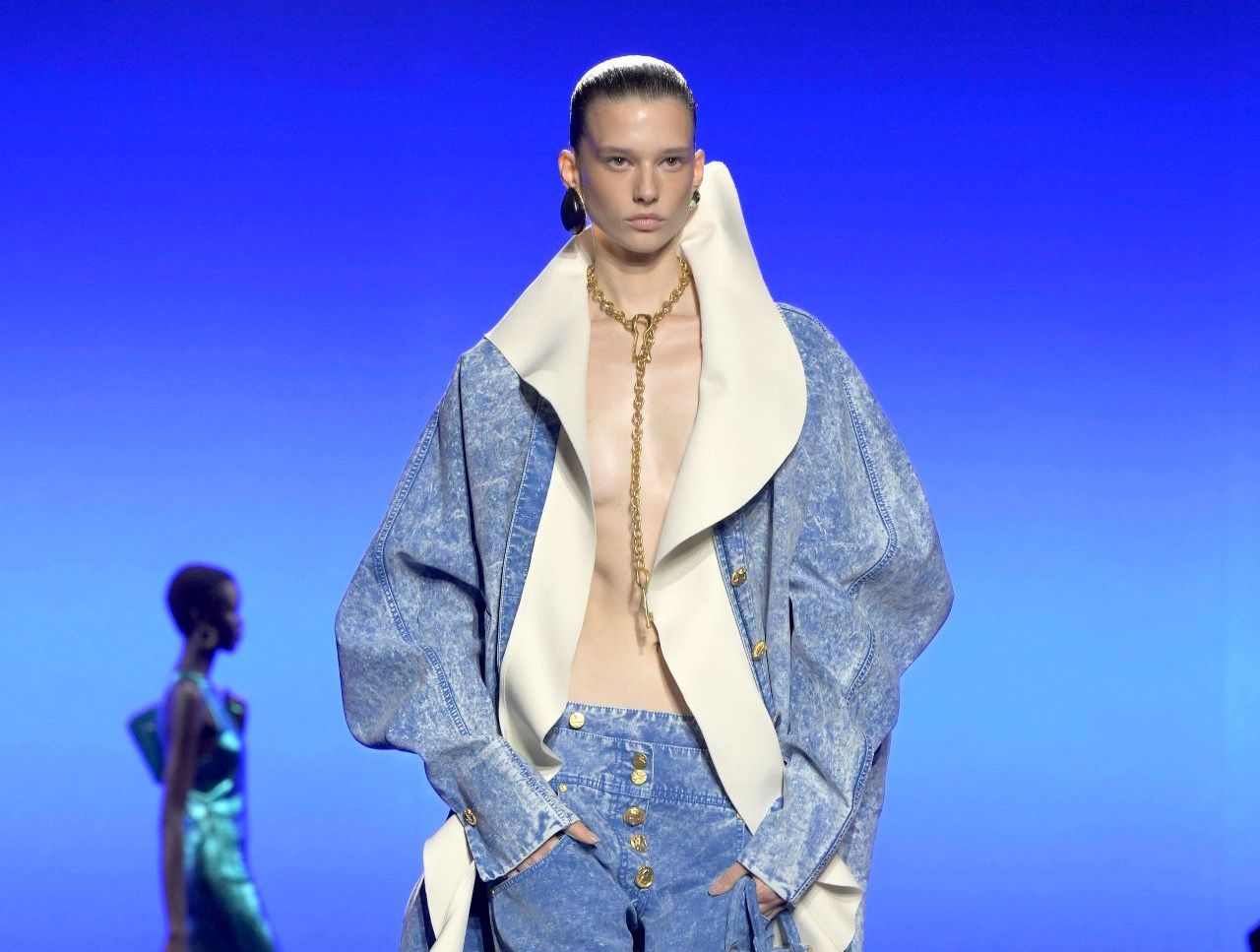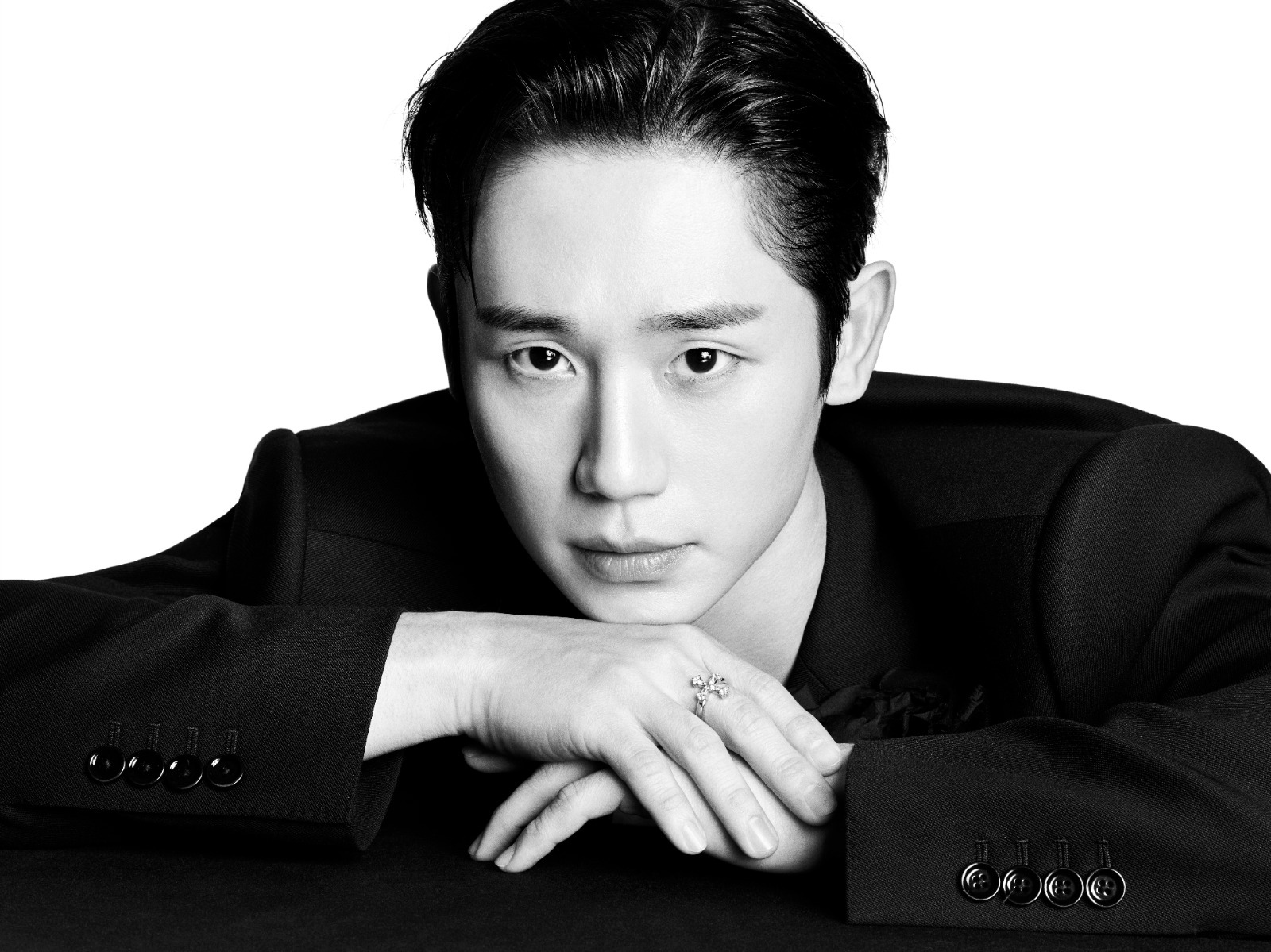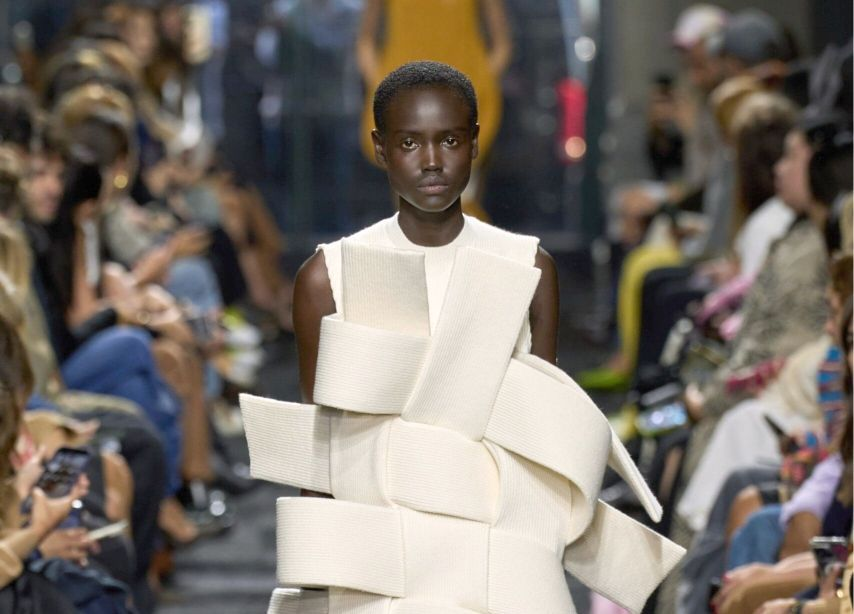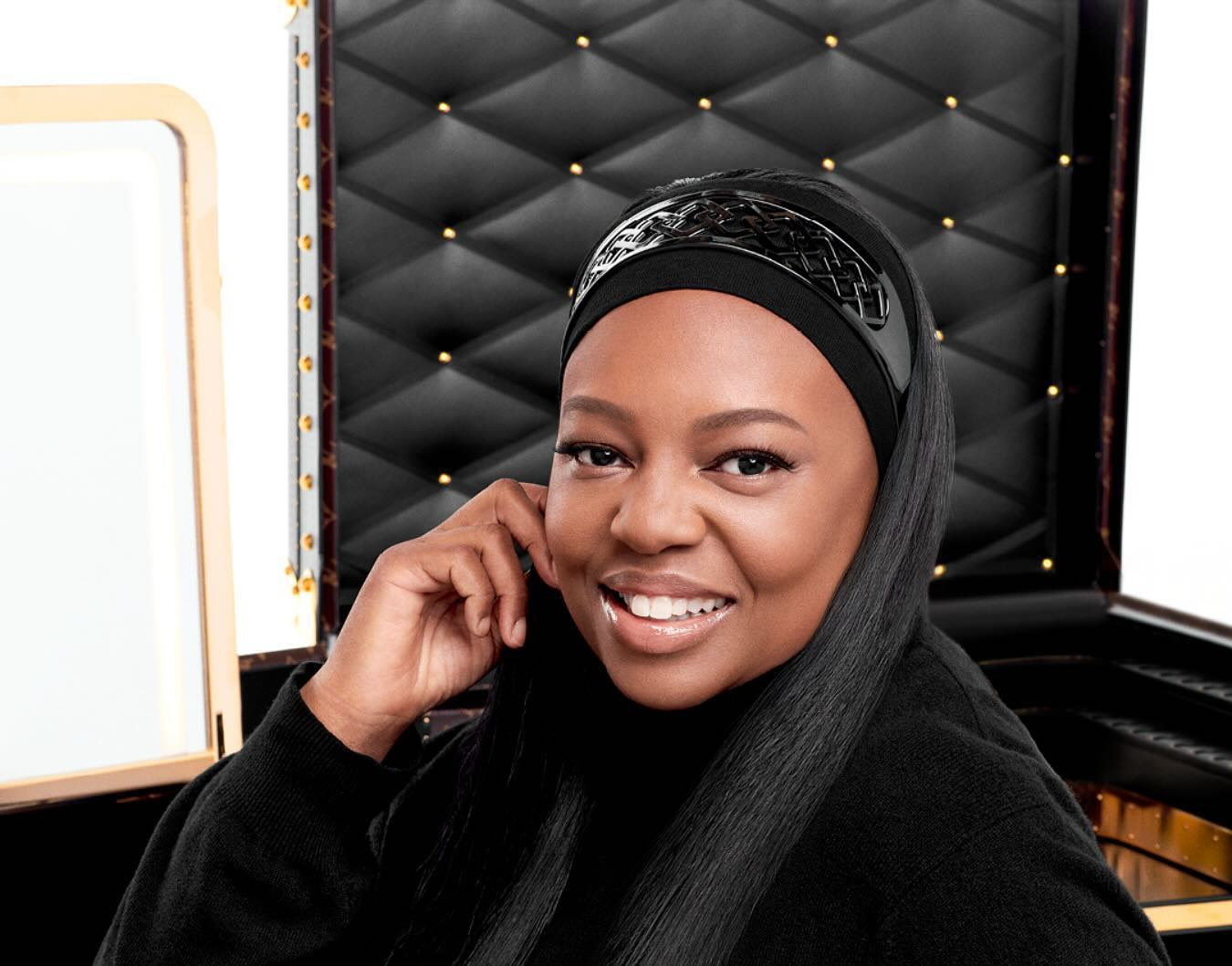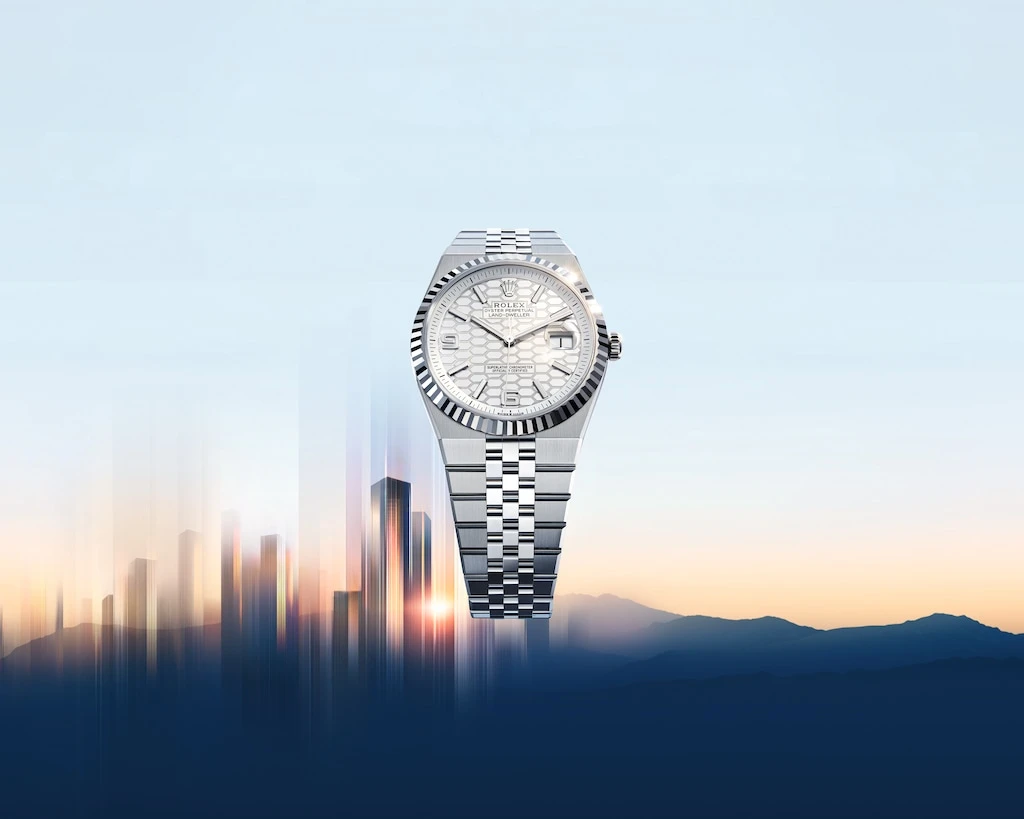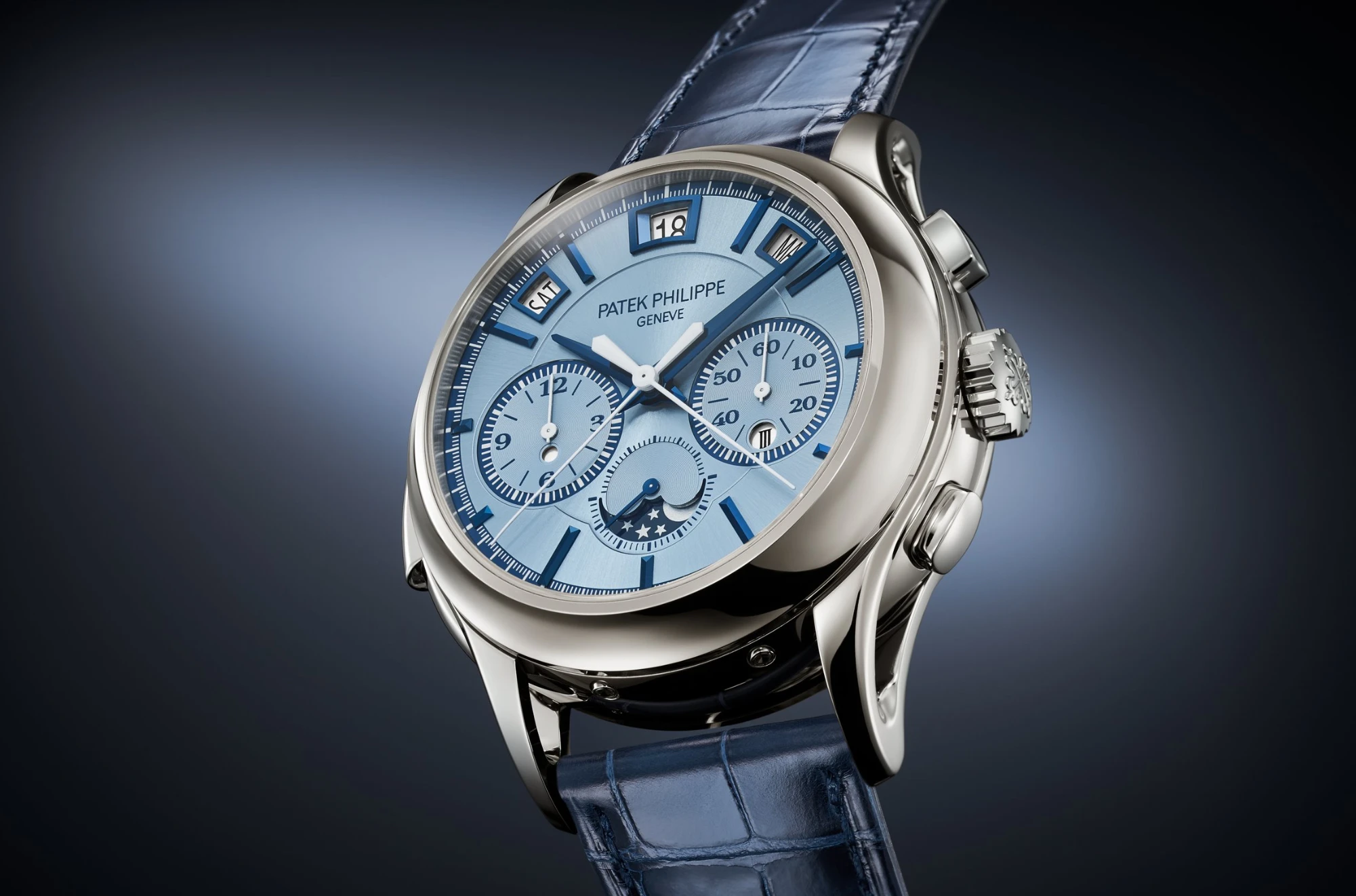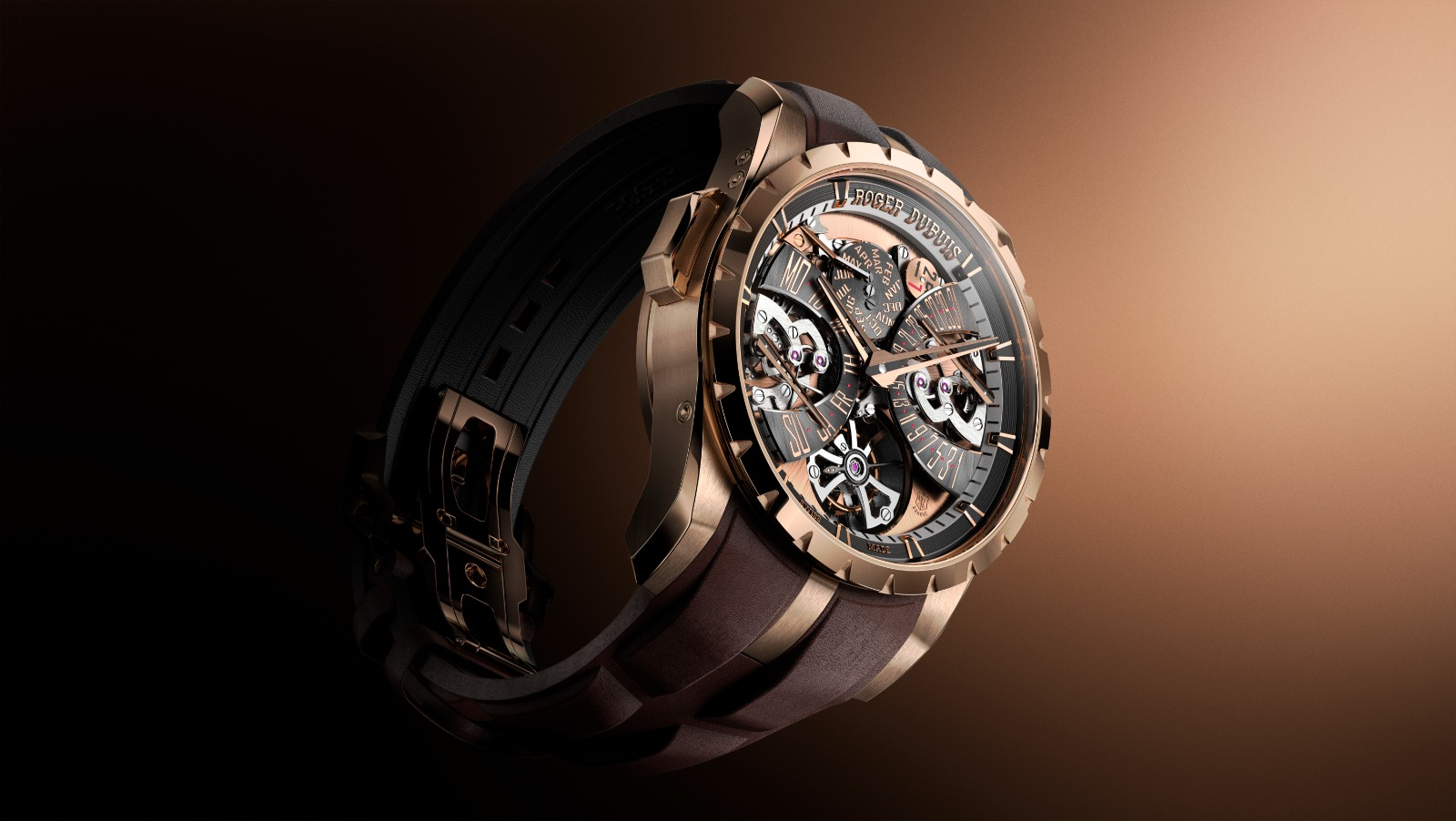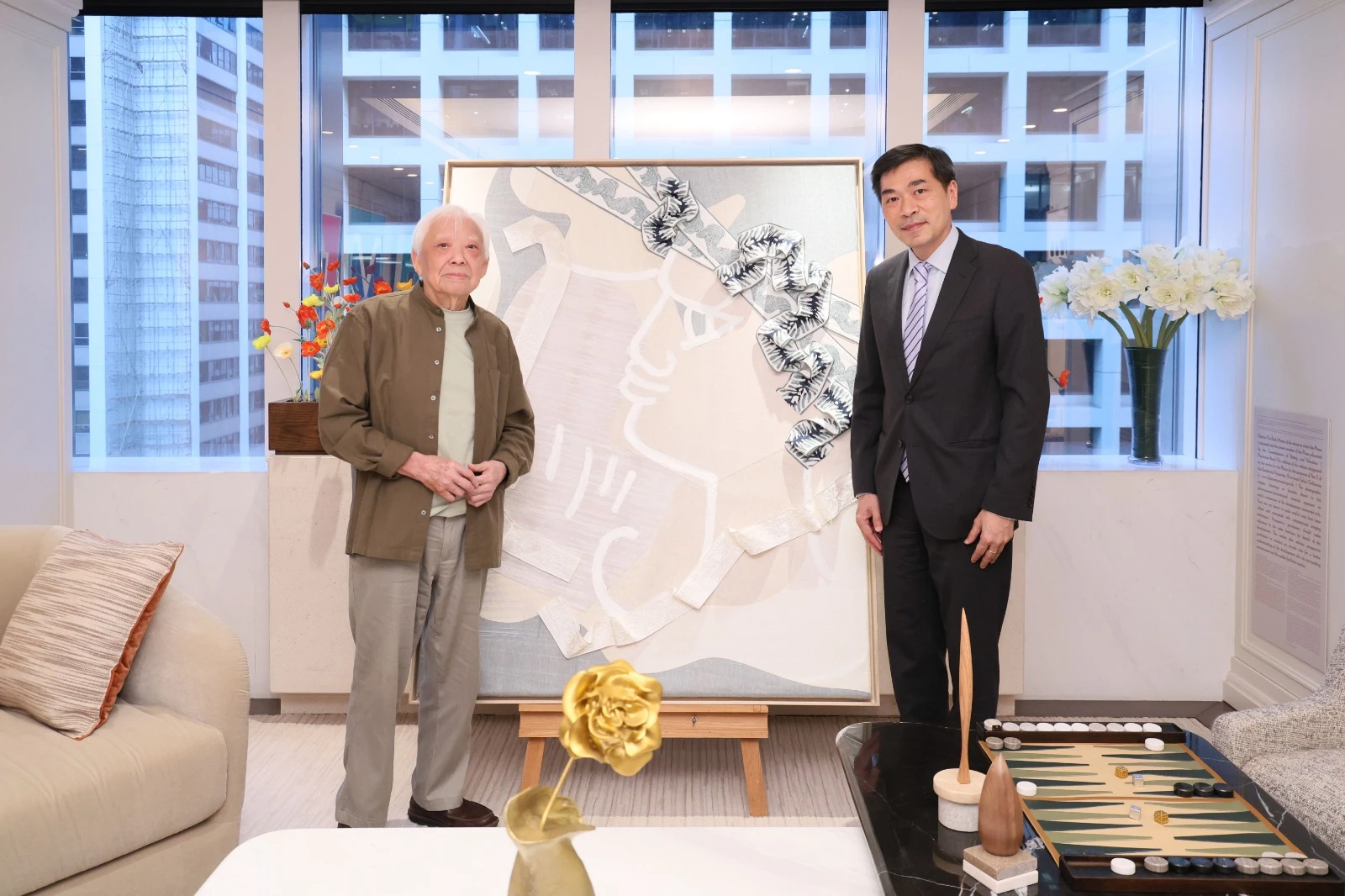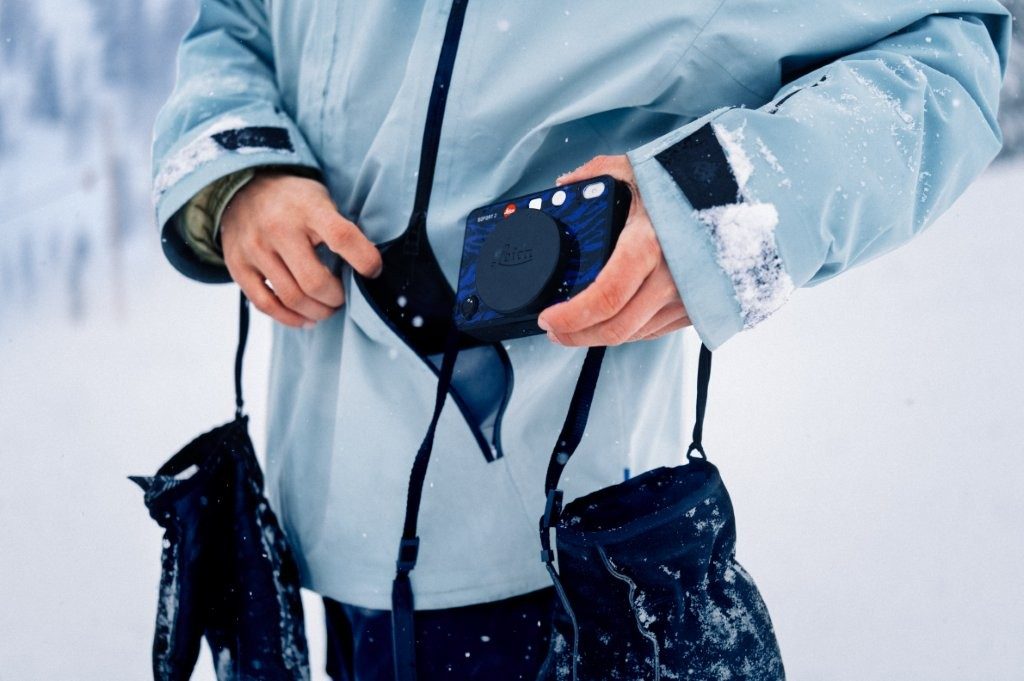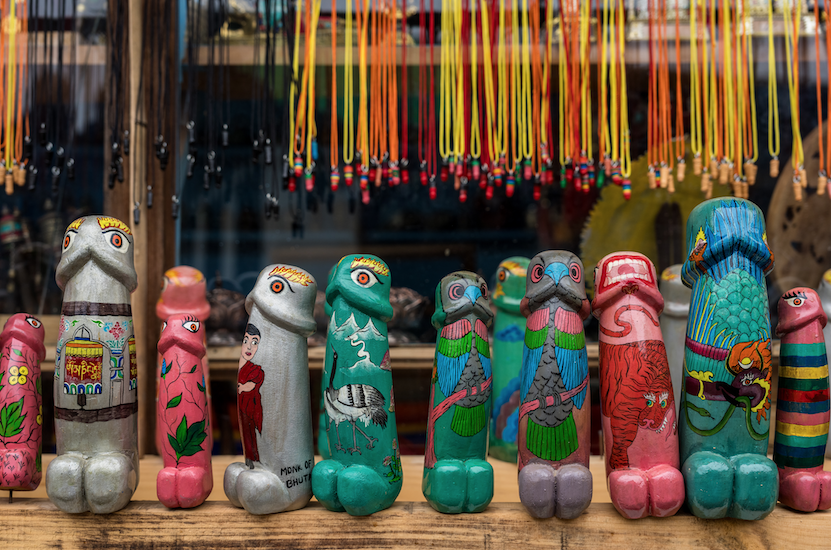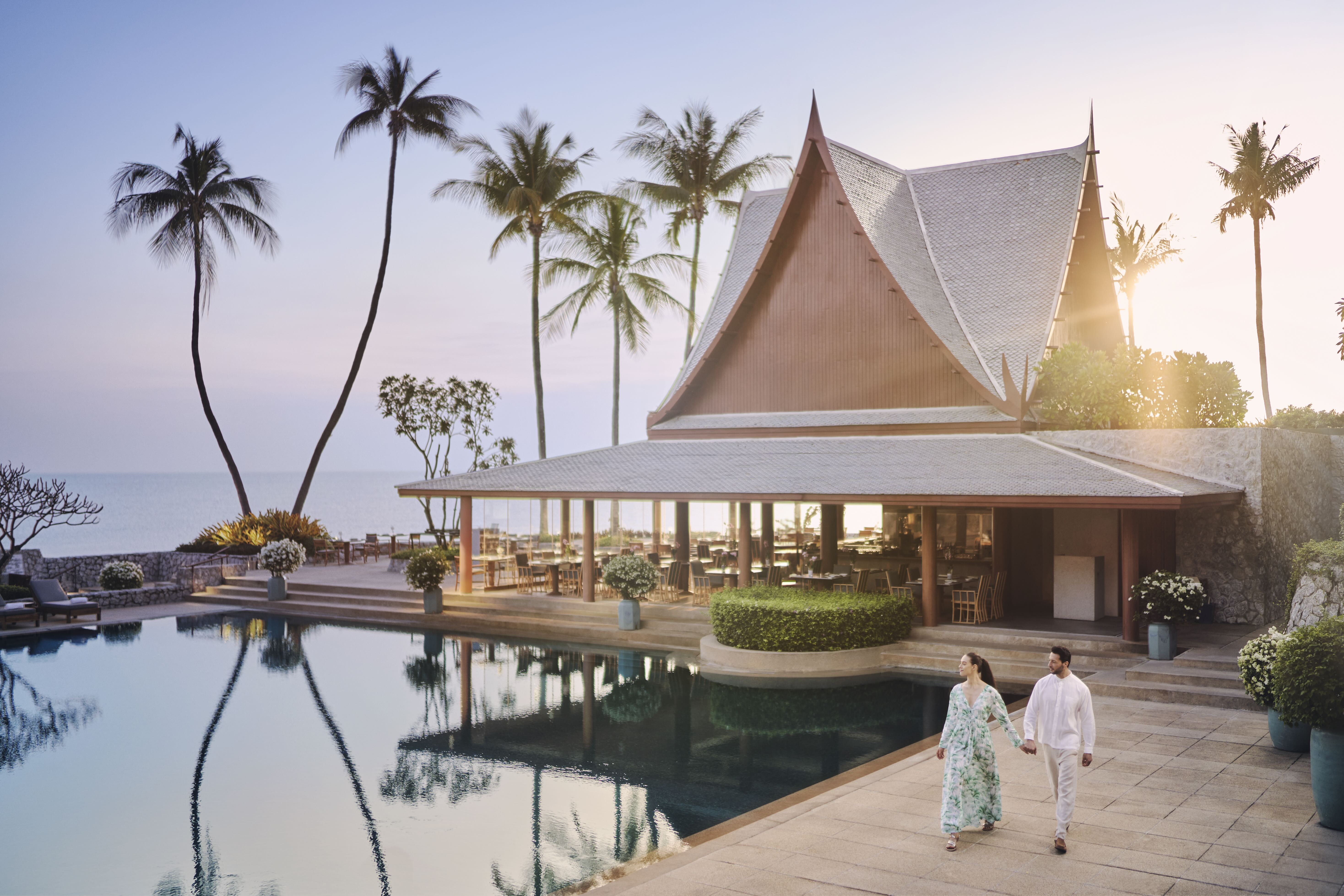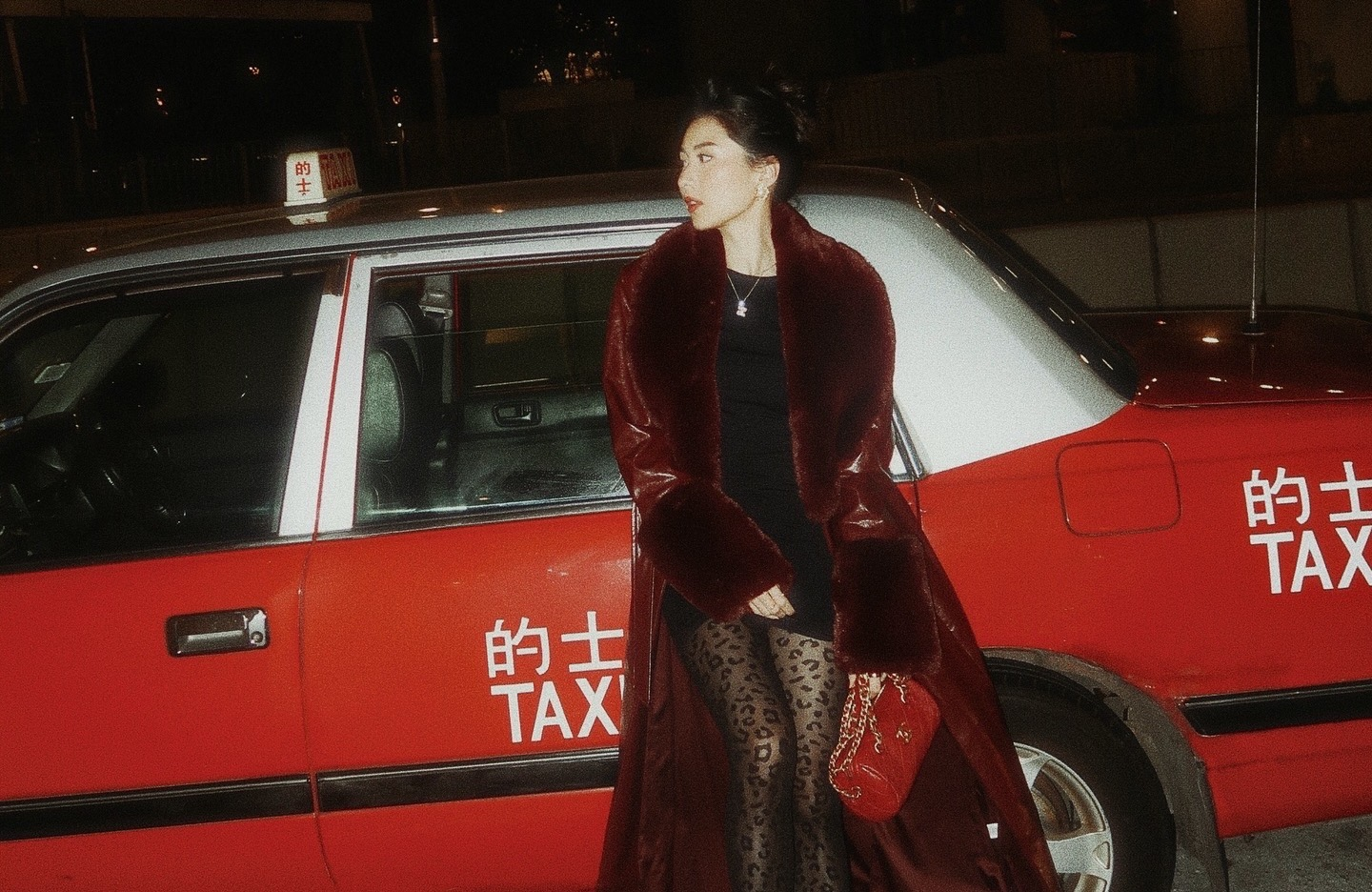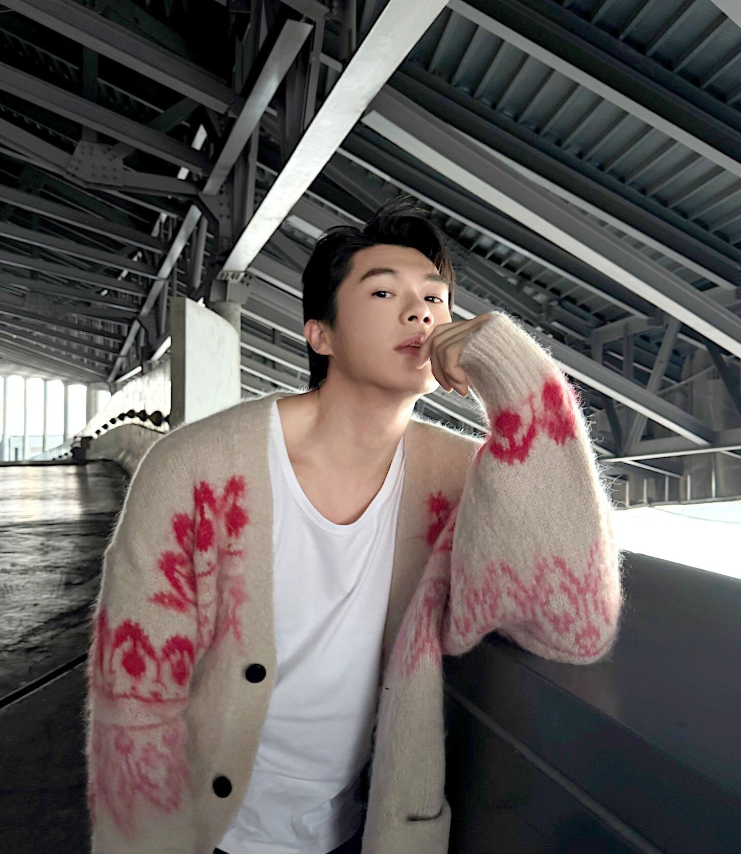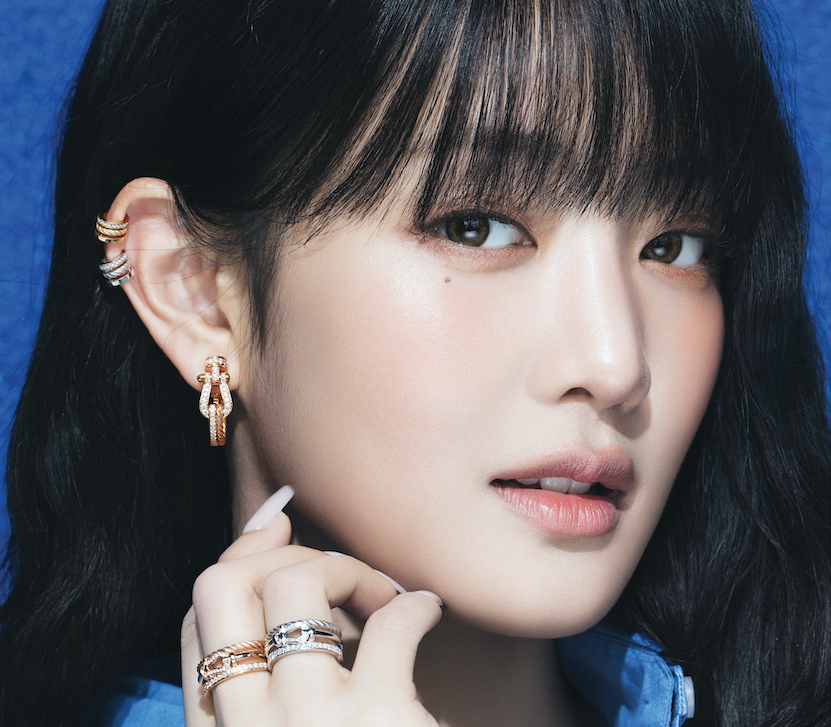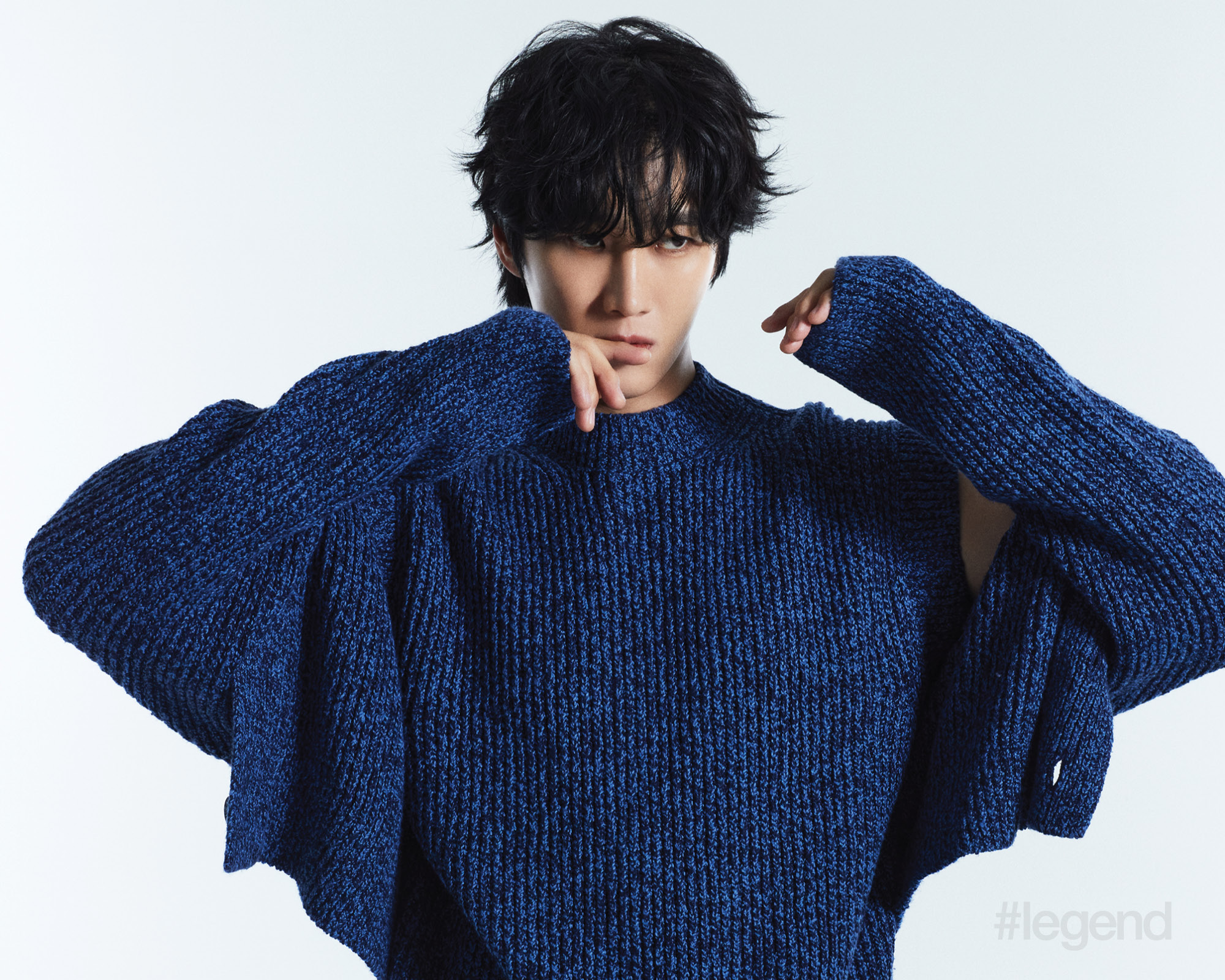BODW speakers on ways to achieve sustainability in luxury fashion
Dec 13, 2023
The Business of Design Week 2023 Summit saw leaders and experts from different industries come to Hong Kong to talk about going green. David Ho hears from the experts on how sustainability can be achieved for luxury fashion
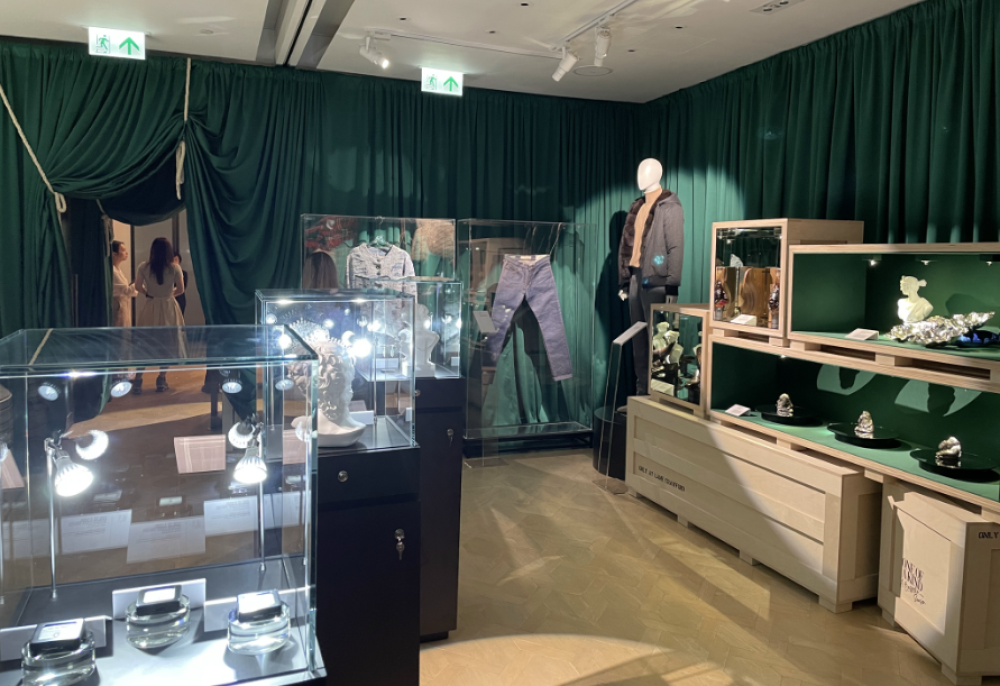
Earlier this year, luxury conglomerate Kering shared ambitious plans to cut greenhouse gas emissions by 40% by 2035. As the parent company of brands like Gucci, Balenciaga, Bottega Veneta, Yves Saint Laurent, Creed and Alexander McQueen, this means that a lot of major brands will be taking a greener stance. Kering’s goal is being reflected in everything from the air conditioning policies at its spaces to its circular hubs for recycling luxury fashion and its continued search for greener ways to obtain resource-intensive textiles.
It’s certainly reflective of a shift in the luxury industry. Consulting firm Deloitte found that 57% of luxury consumers now take sustainability factors into consideration when purchasing a new designer item. The spotlight was on this very topic at the recent Business of Design Week 2023 Summit.
For starters, the vision one has of a sustainable fashion industry differs from person to person. Robert Lockyer, the founder of luxury solutions company Delta Global, feels that a sustainable fashion industry simply means “the continued commitment to change or evolve towards a genuinely more planet and purpose-lead industry. The time for talking is long gone and small collective steps will deliver change.”

Others look to international standards set by the United Nations. “A truly sustainable fashion industry implies first of all a fully transparent sustainable supply chain, fair practice, zero net and other aspects of the Sustainable Development Goals. In order to achieve this, the industry needs to move away from a push market business model where 30% sales is already profitable,” says Prof. José Teunissen, director and professor in fashion design and identity at the Amsterdam University of Applied Sciences.
Hiroyuki Yoshikawa, the founder of paper denim brand Washi Jeans, has a more poetic answer. For him, a sustainable fashion industry resembles the symbol of ensō. “In Japanese, ensō is a symbol of circle in brushstroke: representing: movement, connection, it is also related to the Japanese aesthetic idea of wabi-sabi, the beauty of imperfection, and which it is only can be done by hand craft,” explains Yoshikawa.
Defining visions for sustainability
With such different definitions, it makes sense that every person would see a different angle through which stakeholders can achieve the goal of sustainability.
As a luxury products maker, Yoshikawa simply wants to produce premium goods that will last. “My vision is that people will want to buy less, but buy goods with higher value, and that they will keep for long time. I want people to treasure what they have. I understand that we cannot resolve the cost efficiency of sustainable goods when compared to mass production goods at the moment. But if the value of people’s mindset changes, they will understand that each product is not just about the cost value, but also the product value,” he says.
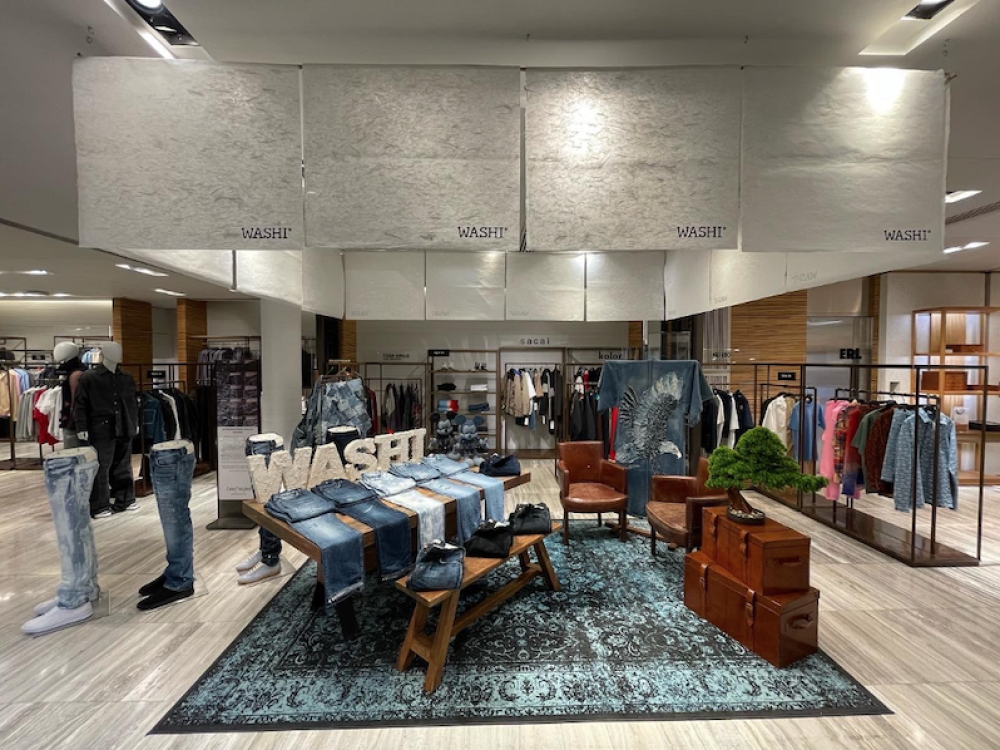
While sustainable procedures may set his jeans at a premium price point, Yoshikawa believes that creating “products with character and uniqueness” make it worthwhile for both the planet and the consumer. “If you want to wear the most premium washi paper denim jeans, then you must come to my brand. Each pair of Washi jeans, you can keep for a long time, but once you tried one pair, you would want to collect another pair. I want people to collect my jeans like collecting vintage cars, cameras, watches, the more vintage it gets, the more beautiful it will become, the more value it will have,” he says.
On the other hand, Delta Global’s Lockyer is looking to technology to revolutionise luxury fashion. “Recognizing the pivotal role of technology, particularly as a global supplier of sustainable packaging, we acknowledge the necessity of precise logistics. Ensuring the correct product placement in terms of location, quantity, and size on a global scale presents a challenge without an efficient solution,” he says.
Three years ago, Delta Global developed a cutting-edge system to assist fashion and luxury brands in reducing their carbon footprint through enhanced supply chain management. The company’s own research backs up the need for that as they found that 93% of APAC luxury consumers are willing to support or spend more on luxury brands that actively promote and communicate their sustainability initiatives.

Meanwhile, Teunissen is examining sustainability by looking at the supply chain and business models. “The complexity of the supply chain is one of the biggest challenges to overcome. Secondly, implementing a circular economy requires a completely different business model,” she says.
From her view, this calls for a digital transformation to become a much more efficient industry requires different organisations within teams, other skillsets and collaboration across the whole supply chains. Yet, Teunissen feels the fashion industry remains “very closed and competitive” while needing “to learn to work open source, share best practices in order to achieve this huge system change.” Thus, she is a big advocate for “digitalisation, collaboration, new business models open to innovation in sourcing and sharing best practice” to overcome the paradigm shift.
Turning to luxury players
But one thing that all these stakeholders agree on is that luxury fashion companies are a powerful player in advocating for sustainability. “Luxury companies should play a key role in supporting sustainable fashion, and most luxury groups are already putting this into priority. It makes sense for them to be the lead as luxury goods always have a second life, and this the way on how we should recycle our products,” declares Yoshikawa.
“With their reputation, and marketing budgets, luxury fashion companies odd to support the smaller groups/ individuals who come up with new innovative ideas on making a greener and more sustainable fashion industry, so that these ideas can be blast out more effectively,” he adds.
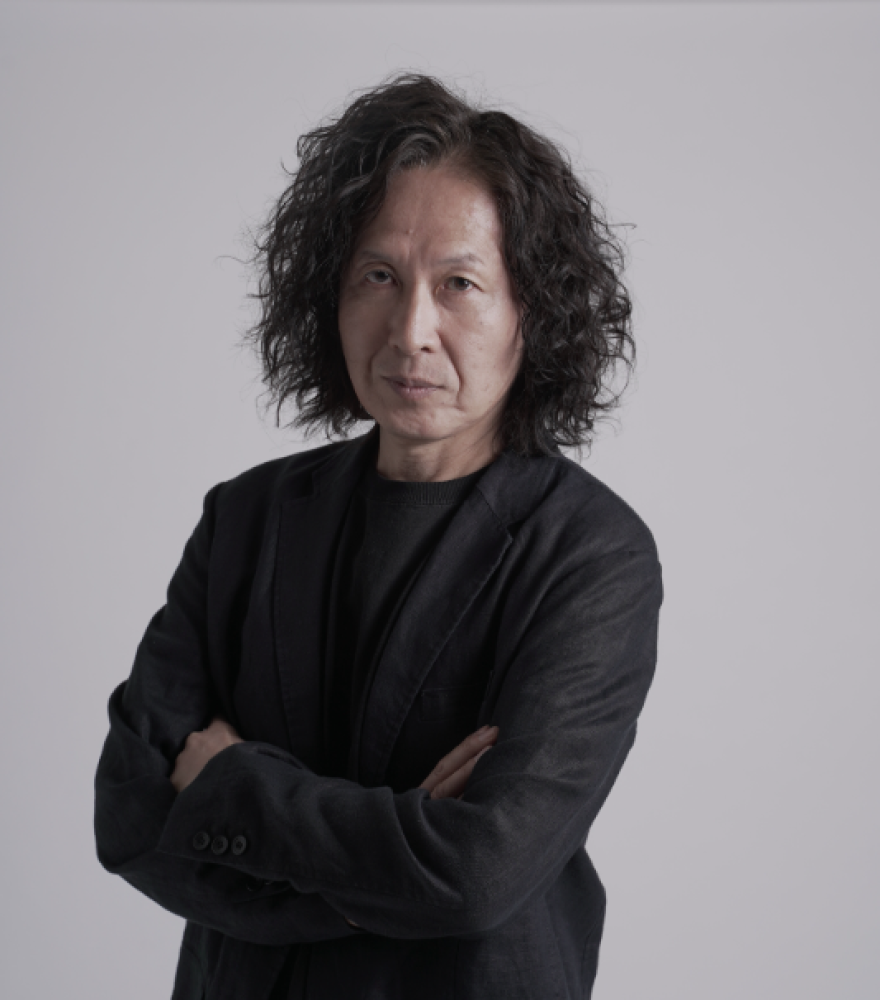
Teunissen feels luxury fashion companies should lean on their strong tradition in storytelling around craftmanship and the heritage of their collections to get consumers to buy less. “On the consumer front, storytelling and new narratives will become important. The story of the product, how it is made, whom it has made becomes important. Not only the knowledge of how sustainable it is and where it comes from is crucial, but also the cultural story behind it,” she says.
“We need to educate the consumer. Not only making them aware of buying sustainable clothes, but also stimulating the consumer to buy less,” says Teunissen. “They (luxury fashion companies) are making a product that lasts and keeps its value through the years and it can have a second life as a ‘vintage product’. In this respect, it is completely different from fast fashion that only uses materials as an image of a trend, without the quality of real product.”
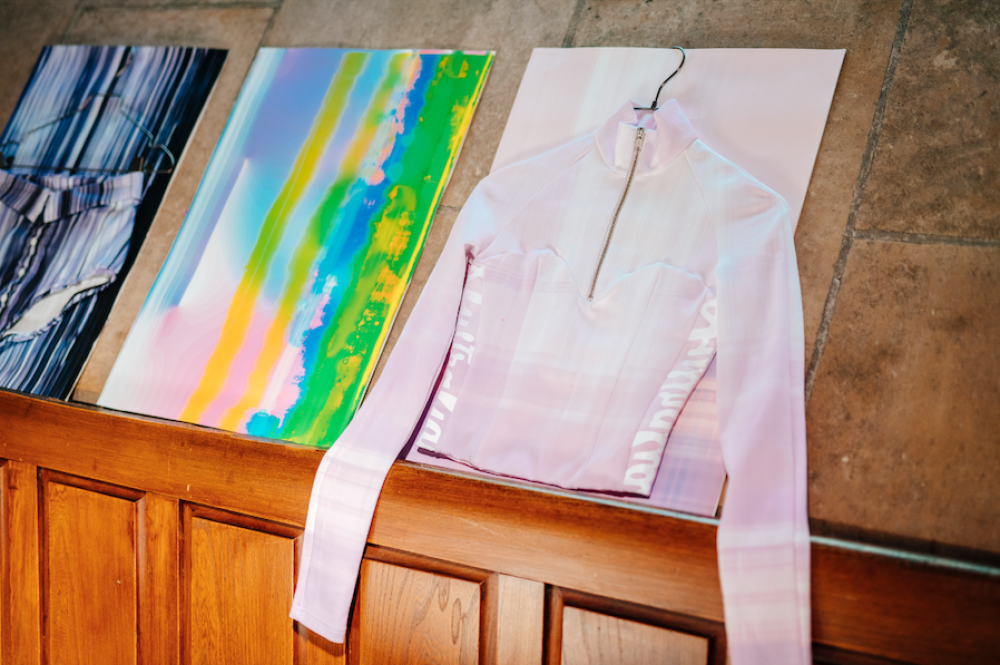
Even if consumers were to purchase less and more carefully, consumption is still needed to keep industries alive. But that calls for luxury brands to move with great care and consideration for the next chapter.
“Given that shopping and consumption are here to stay, brands are in a unique position to drive positive change. Implementing sustainability practices is an important part of the process, and one that requires unwavering commitment as well as continuous improvement. It’s a mistake for brands to try and go from zero-to-hero and do everything at once. Instead, they should commit to an authentic strategy that is in line with the brands’ values and take small but meaningful steps to move the brand forward,” says Lockyer.
“Brands need to be game changers. They need to constantly evolve and find innovative ways to reduce their environmental impact in order to stay relevant in a fast-changing world and meet the sustainability expectations of the next generation.”
Also see: The Business of Design Week 2023 Summit brings sustainability discussions to the fore


